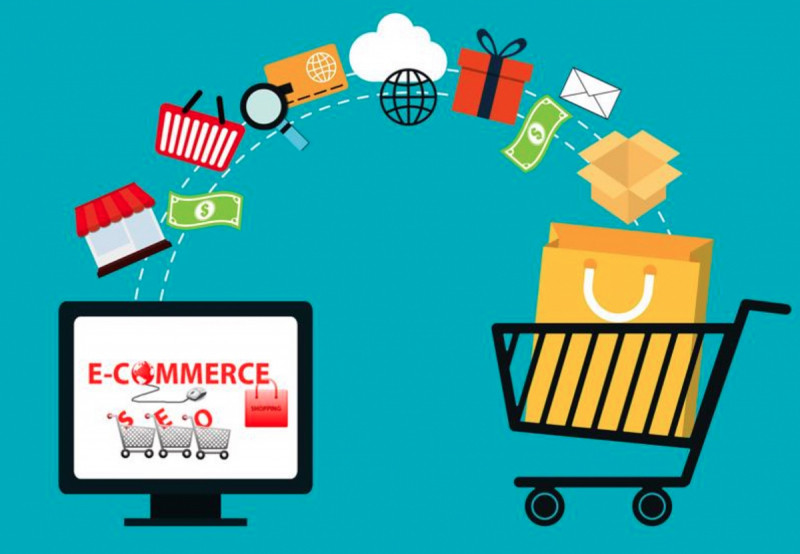E-commerce is often likened to a "gold mine" for its vast development potential and high profitability. However, experts argue that only when the online business environment is organized and managed as a legitimate economic space - with planning, oversight, and operational standards - can it create long-term value and make meaningful contributions to socio-economic development.
Rapid growth

According to the Ministry of Industry and Trade, Vietnam’s e-commerce market surpassed USD 25 billion in 2024, up 20% from 2023, accounting for around 9% of total national retail revenue.
Major platforms such as Shopee, Lazada, Tiki, and TikTok Shop played a direct role in this growth, with a combined transaction value exceeding USD 13.8 billion. Research from e-Conomy SEA (by Google, Temasek, and Bain & Company) estimated the digital economy in Vietnam reached USD 36 billion in 2024, with e-commerce at its core.
Livestream selling, especially via Facebook and TikTok, has surged as a trend. Currently, more than 725,000 organizations and individuals are engaged in online sales across platforms in Vietnam.
While this environment allows easy and low-cost market entry, the lack of effective oversight makes it fertile ground for commercial fraud, tax evasion, and consumer rights violations.
In recent crackdowns, authorities seized and destroyed tons of non-compliant goods. Counterfeit and knockoff items are still widely sold via livestreams.
For example, in a May inspection, Hanoi’s Market Surveillance Department confiscated hundreds of fake brand-name handbags and clothing items sold during livestreams.
In Ho Chi Minh City, earlier in 2025, inspectors uncovered a warehouse storing over 10,000 unidentified products designated for online sales.
Tax evasion remains a critical issue. One high-profile case involved an influencer known as "Cun Bong," who reported only USD 210,000 in revenue despite actual earnings exceeding USD 5.1 million.
In another instance, an individual in Vung Tau (now part of Ho Chi Minh City) amassed USD 3 million in livestream sales within a year but failed to register a business or file taxes.
The violation was only detected after the tax authority reviewed digital payment data and cross-referenced information from intermediary platforms.
Such incidents raise the question: Can Vietnam's e-commerce maintain its projected growth if regulatory scrutiny increases?
Tightening control over e-commerce
The lack of quality control and weak tax compliance mechanisms have allowed a subset of online sellers to rapidly accumulate wealth by skirting legal obligations.
Meanwhile, fully compliant businesses - investing in branding, quality control, packaging, and tax payment - struggle to compete with unregistered sellers offering lower prices and untraceable goods.
This reality underscores the urgent need to reinforce regulations in the digital marketplace. Nonetheless, control measures must be paired with flexible support systems that help small businesses and individuals transition into formal models, ensuring a balanced and fair landscape between traditional and digital commerce.
The tax authority has introduced several measures, such as requiring e-commerce platforms to provide seller identification, tax codes, bank accounts, and sales revenue.
Additionally, tax agencies are expanding data integration with digital platforms and payment intermediaries to monitor financial flows and determine tax liabilities.
A centralized e-commerce database is under development, consolidating data from customs, banking, and market surveillance agencies to support audits and investigations.
The Ministry of Finance has proposed legal amendments requiring cross-border platforms like Facebook, TikTok, and Google to declare and pay taxes on behalf of non-resident sellers operating in Vietnam.
The tax sector is also adopting advanced technologies such as artificial intelligence (AI) and big data analytics to track financial activities and detect irregular transactions. It is working in coordination with the Ministry of Public Security and the Ministry of Science and Technology (formerly the Ministry of Information and Communications) to identify and prosecute violations including counterfeit sales, tax evasion, and undeclared business activities.
PV